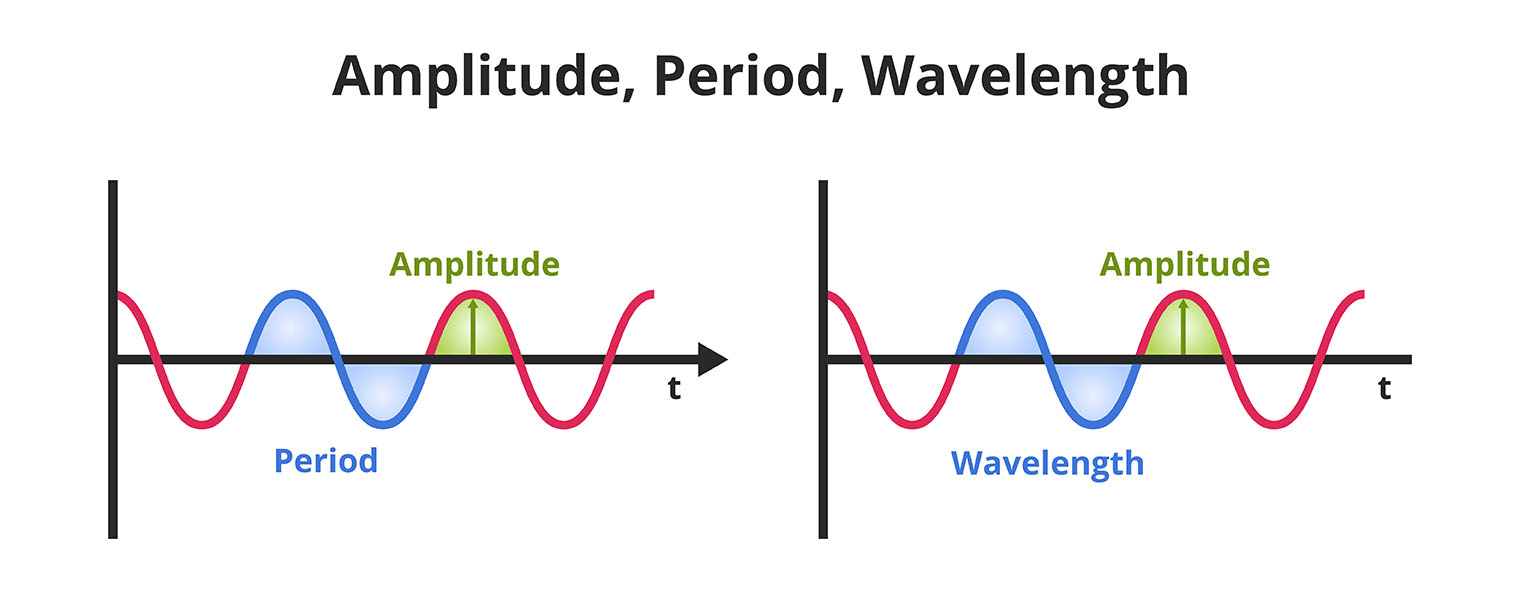

Amplitude is the maximum distance that a wave moves from its resting position. It is measured in meters or centimetres. The amplitude of a wave determines its loudness or intensity.
For example, the amplitude of a sound wave is the difference between the maximum pressure of the wave and the minimum pressure of the wave. The larger the amplitude of a sound wave, the louder the sound will be.
The amplitude of a wave can also be used to measure the energy of the wave. The larger the amplitude of a wave, the more energy it will have.
The amplitude of a sound wave is the difference between the maximum and minimum pressure of the air.

Noun: amplitude.
Adjective: amplitudinous.
Verb: amplify.
Adverb: amply.
The word "amplitude" comes from the Latin word amplitudo, which means "largeness" or "breadth." The word amplitudo is made up of the prefix ampli, which means "large," and the noun tudo, which means "state of being.".
Use the word amplitude in a sentence.
Question:
Define the term "amplitude" as it relates to waves and vibrations. Explain its significance in understanding wave characteristics.
Answer:
Address
Developing Experts Limited
Exchange Street Buildings
35-37 Exchange Street
Norwich
NR2 1DP
UK
Phone
01603 273515
Email
hello@developingexperts.com
Copyright 2025 Developing Experts, All rights reserved.